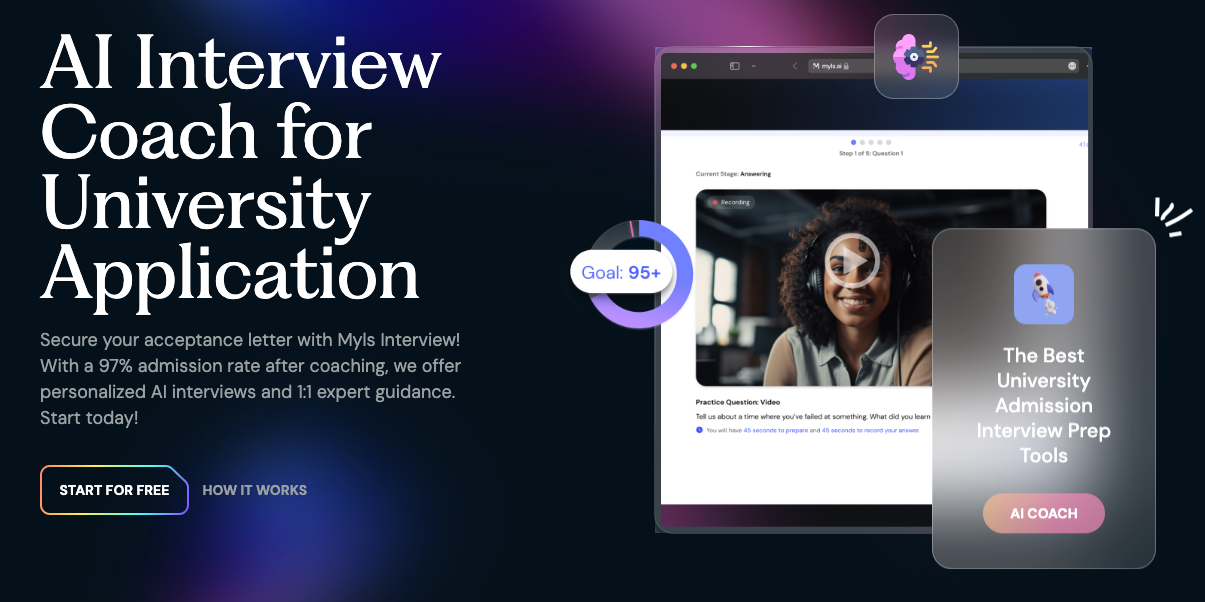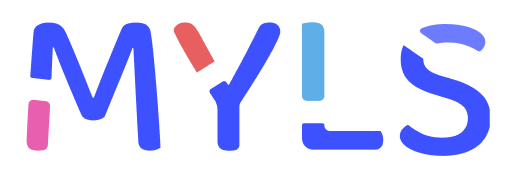Mastering the Waterloo Supplementary Application: Tips for a Standout Submission
The Waterloo Supplementary Application plays a crucial role in admissions, even for top students. Learn how to craft compelling responses, practice for the video interview, and stand out with strong leadership and problem-solving skills. Get online coaching with MYLS Interview!

What Is the Waterloo Supplementary Application?
The University of Waterloo is one of Canada’s top universities, renowned for its emphasis on experiential learning and innovation. Programs such as Engineering, Computer Science, and Architecture attract thousands of highly qualified applicants, making the admissions process extremely competitive.
To assess candidates beyond their grades, Waterloo requires a Supplementary Application (SA), which helps the admissions team identify students with strong communication, leadership, and problem-solving skills.
This application typically includes:
- Personal Questions: Short written responses about your experiences, skills, and future aspirations.
- Video Interview: Timed responses to pre-recorded questions assessing how well you think on your feet.
- (For Select Programs) Additional Assessments: Some programs, like Architecture, require a portfolio, while Engineering applicants complete the Admission Information Form (AIF).
Why Does Supplementary Application Matter?
Even students with averages of 95%+ have been rejected due to weak supplementary applications. The University of Waterloo seeks students who not only excel academically but also bring a well-rounded skill set to their program. If you can articulate your leadership, problem-solving abilities, and passion for your field effectively, you’ll significantly improve your chances of admission.
How to Write a Winning Waterloo Supplementary Application
1. Understand the Questions Early
Questions often center on leadership, teamwork, problem-solving, and motivation. Since you’ll be required to provide well-structured responses within a limited word count or time frame, start brainstorming your best experiences as soon as possible.
2. Use the STAR Method
The STAR method (Situation, Task, Action, Result) helps structure your responses concisely and effectively.
Example:
"During Grade 11, my school’s robotics club struggled with funding (Situation). I initiated a fundraising campaign by organizing a STEM workshop for younger students (Task). I collaborated with local businesses for sponsorships and led a team of volunteers to execute the event (Action). We raised $2,500, which funded new equipment and expanded participation (Result)."
3. Highlight Unique Experiences
Avoid generic answers like “I enjoy coding” or “I’m passionate about engineering.” Instead, share unique experiences, such as a specific project or challenge you overcame, to demonstrate your skills.
4. Practice for the Video Interview
The video component is often where students struggle. The University of Waterloo assesses not just what you say, but how you say it. Keep your responses concise, engaging, and structured. Maintain eye contact with the camera, speak clearly, and show enthusiasm.
5. Edit and Get Feedback
- Proofread written responses for clarity and grammar.
- Record practice videos to improve confidence.
- Seek feedback from teachers, mentors, or tutoring services to refine your answers.
Your Waterloo Supplementary Application is more than just a formality—it’s a key factor in your admission decision. By preparing early, structuring your responses effectively, and showcasing your leadership and problem-solving skills, you can maximize your chances of getting accepted into one of Canada’s most prestigious programs.

Waterloo’s supplementary application interview can be a challenging experience, especially with its timed video responses and unpredictable questions. Many students struggle with structuring their answers under pressure while maintaining confidence and clarity. Myls Interview offers personalized interview coaching to help you develop well-structured, engaging responses using the STAR method (Situation, Task, Action, Result). Our Mock Interview platform conduct mock interviews, provide real-time feedback, and teach strategies to enhance your communication and problem-solving skills. By practicing with experienced tutors, you’ll learn how to articulate your experiences effectively, avoid common pitfalls, and present yourself as a strong candidate. Don’t leave your admissions success to chance!
Sign up for free today and boost your interview performance!



